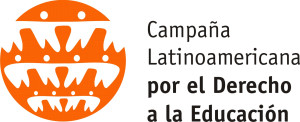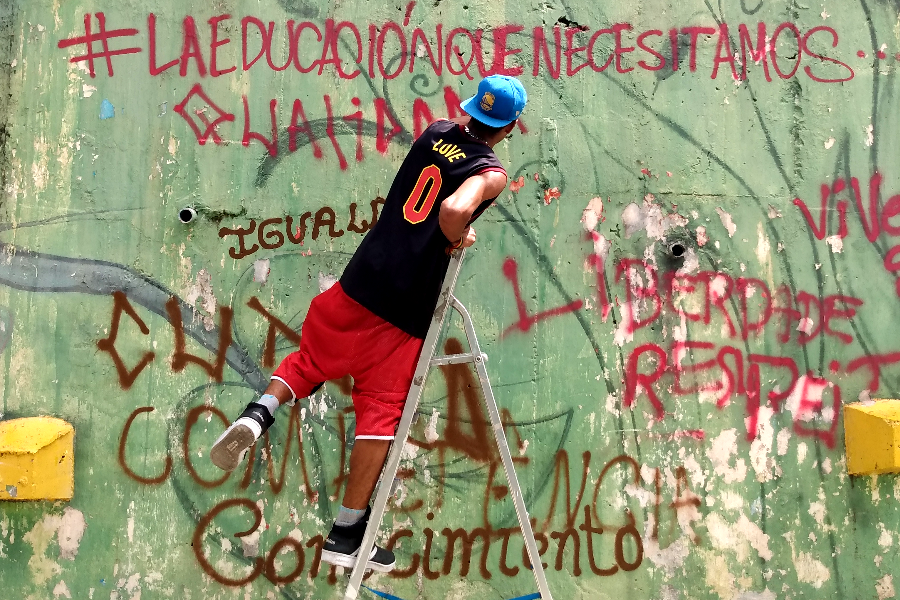
Students from Sao Paulo discuss the education they need for the world they want
November 4, 2019initiative “The education we need for the world we want”, CLADE was last Thursday, Oct. 31, at the Public School Professora Maria Augusta Corrêa, in Sao Paulo, Brazil. This public education center is one of the most diversified in the city, with a high percentage of migrant students, especially from Bolivia and Haiti.
(more…)
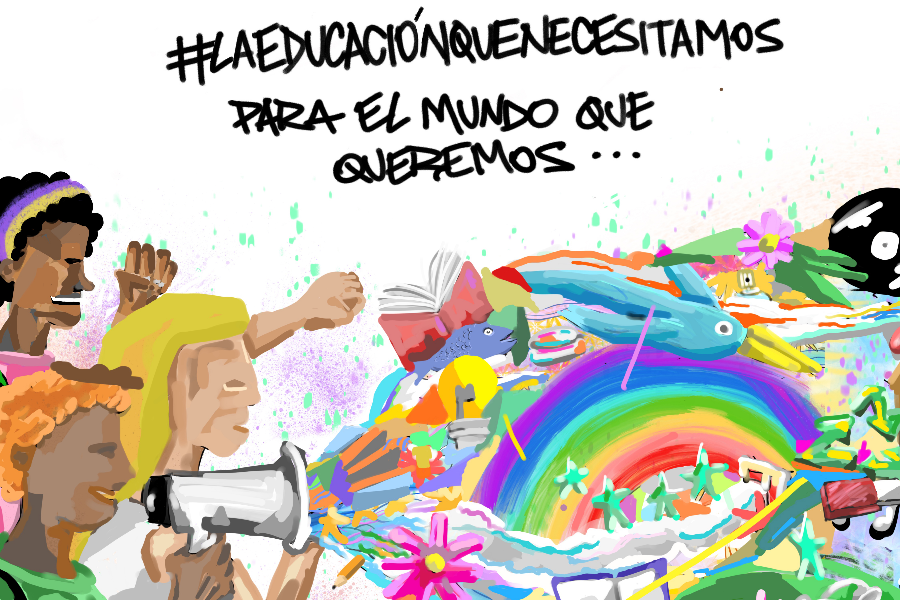
Youths from Latin America and the Caribbean invited to express what #TheEducationWeNeed is
October 30, 2019Partnering with young people and secondary school and university students from different countries in Latin America and the Caribbean, and with the support of the UNICEF Regional Office, CLADE promotes the initiative “#TheEducationWeNeed”
(more…)
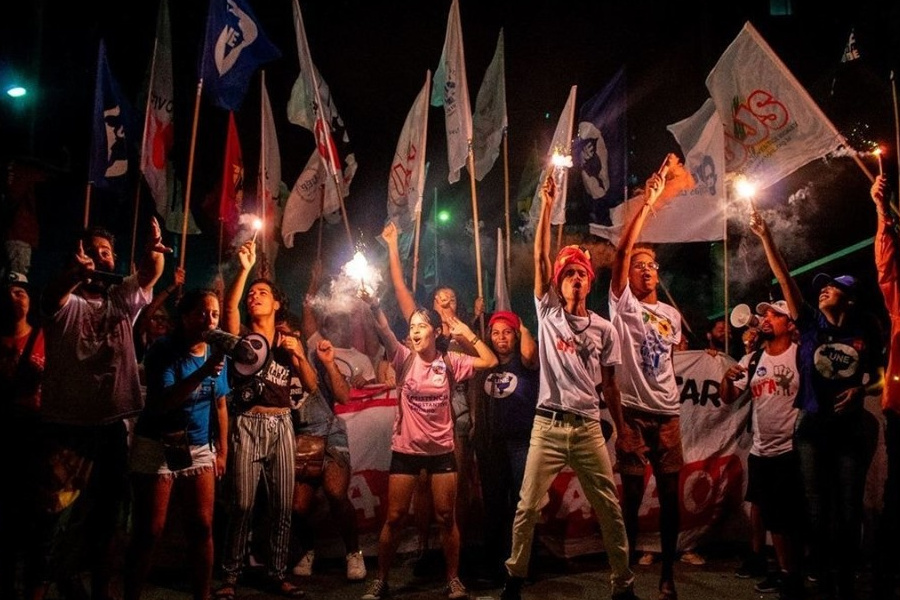
Brazil: Students, teachers unions and civil society lead the struggle for the right to education
August 16, 2019On this World Humanitarian Day, we affirm that the student, education professionals and civil society-led mobilizations that took place across the country on August 13 are a strong reaction and a sign of resistance to a government that has been making great strides towards a not desired past.
This moment is one of a huge crisis in the Brazilian democracy. Not that we haven’t experienced crisis in the past, but what we have witnessed since the impeachment of president Dilma Rousseff in 2016 is the country’s democratic foundations and institutions being weakened and a backsliding in social achievements. We had never advanced so far in strengthening democracy and advancing social rights, and we had never seen setbacks at such a rapid pace.
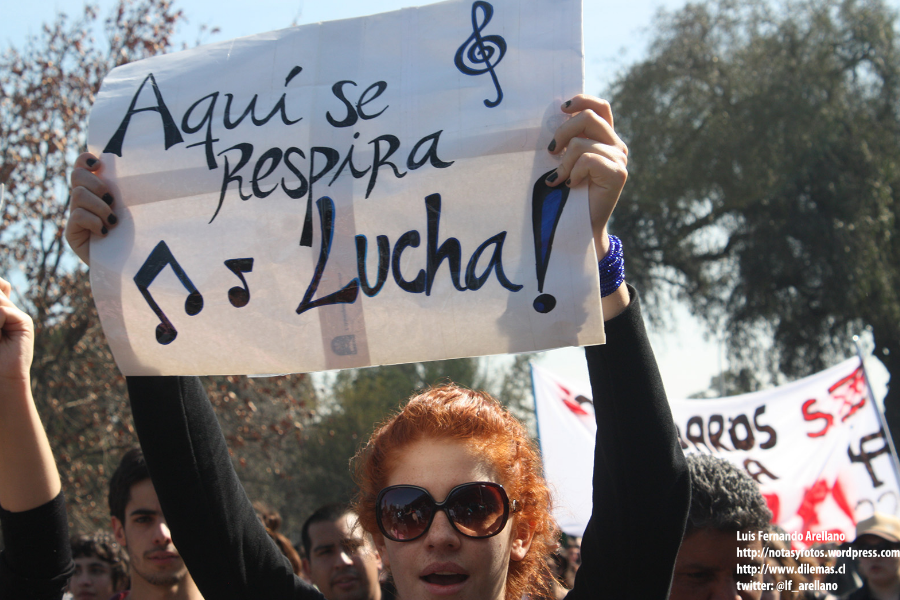
Youth from Latin America and the Caribbean transforming education
August 12, 2019In 1999, United Nations General Assembly appointed August 12 as the International Youth Day, an annual celebration aimed at promoting the role of youth in processes of change, as well as raising awareness on the challenges and contexts faced by young people.
(more…)
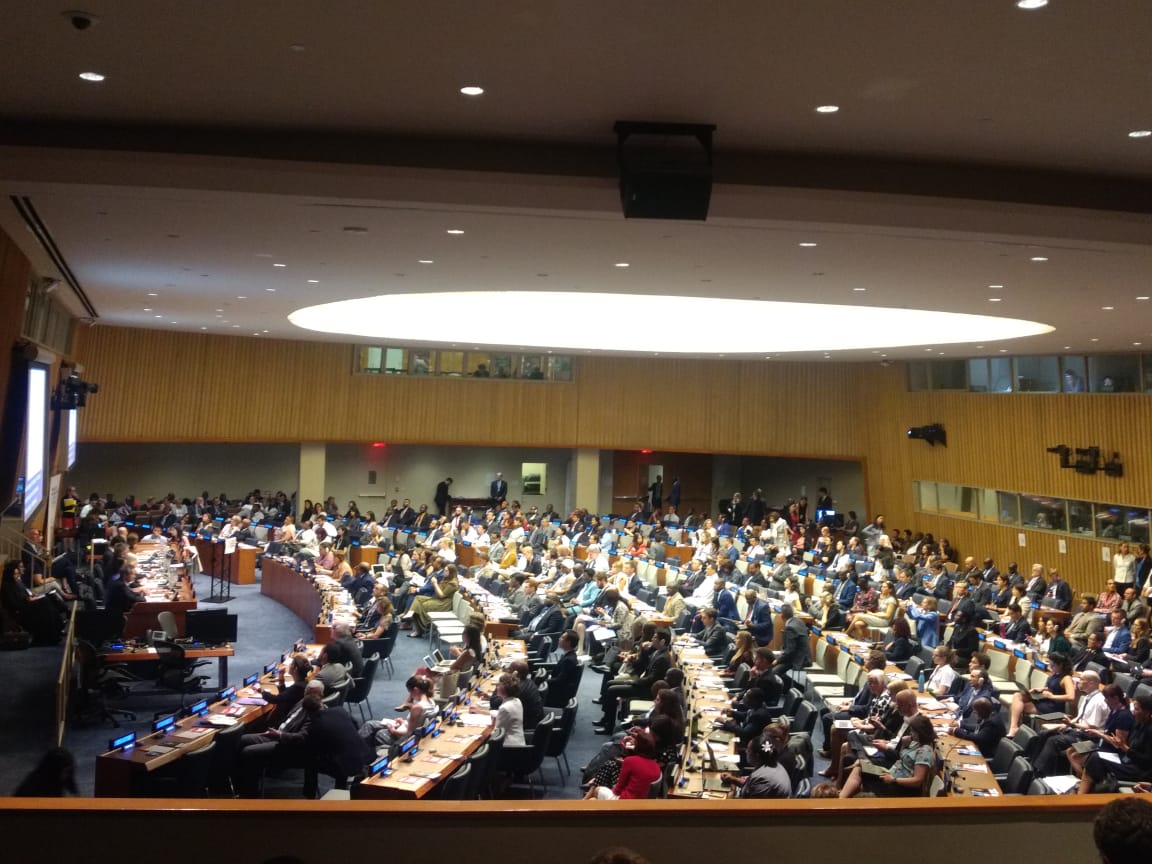
SDG 4 Review of Chile and Guatemala at the UN
July 17, 2019At the UN High-Level Political Forum, the platform to follow up SDGs across the world, Chile and Guatemala presented their voluntary national reviews about the implementation of this agenda. Four countries from Latin America and the Caribbean volunteered to participate in the 2019 review, reporting the actions taken for the achievement of the SDGs: Chile, Guatemala, Brazil and El Salvador. However, on the eve of the High-Level Political Forum, the last two countries announced that they would not participate in the review.
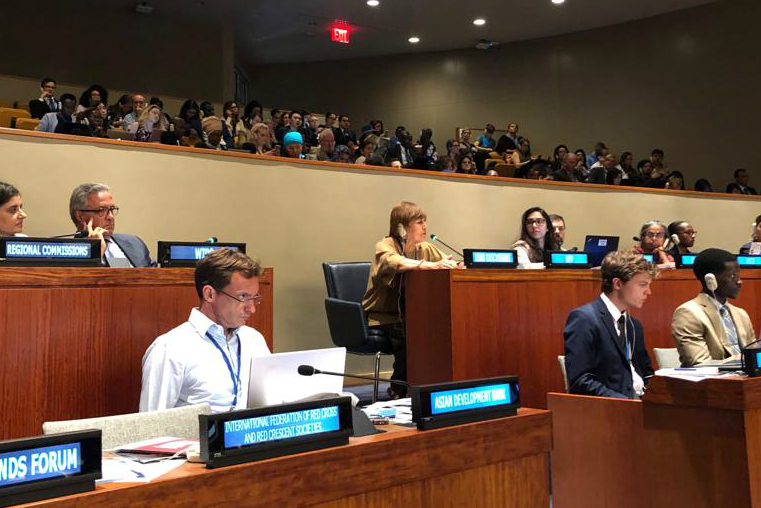
Review of SDG 4: “Quality education must be centered on people and their dignity”
July 10, 2019Yesterday, the review of the Sustainable Development Goal number 4 (SDG 4), about education, was initiated at the United Nations, within the framework of the High Level Political Forum, which takes place until July 18 in New York, USA.
Three hours of debate were dedicated to look at the situation of the right to education worldwide with the participation of representatives from different countries, as well as from different sectors of civil society, among them indigenous people, children and youth, Lesbian, Gay, Bisexual, Trans and Intersex (LGBTI) people and persons with disabilities.
“The diversity of civil society representatives and interventions emphasized an intersectoral perspective of education, which represents a fundamental advance comparing to the debates on the 2030 Agenda that took place in previous years,” said Camilla Croso, general coordinator of the Latin American Campaign for the Right to Education (CLADE), which accompanies the event in New York.
The participation of GCE vice president and coordinator of the Peruvian Campaign for the Right to Education (CPDE), Madeleine Zúñiga, was another highlight of this first panel on SDG 4. In her speech, she pointed out that “education is a powerful instrument to transform lives and, therefore, transform the world; not any education, but one that promotes sustainable development, social justice, truly democratic societies, global citizenship and the culture of peace that the whole world requires.”
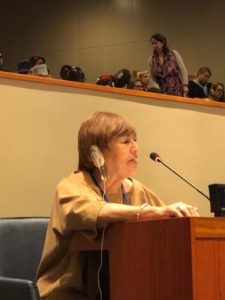
Madeleine Zúñiga emphasized that a quality education must be centered on people and their dignity, assuming the multiple dimensions of diversity to design models and relevant strategies according to the characteristics of different societies. She added that it is fundamental to ensure the right to lifelong education and solid teacher training, within the framework of human rights and comprehensive and muti-sectorial educational attention; as well as bigger and better investment in public education.
“That requires a substantive improvement of tax rules and a strong political will to fight against tax evasion and avoidance, and to achieve tax justice, as well as to face the increasing privatization, an unregulated process that is allowing profit interests in education. Low-cost and low-quality private schools, with poorly paid teachers, not only violate the right to education, but also deepen the inequalities,” she said.
Download the intervention of Madeleine Zúñiga (In Spanish)
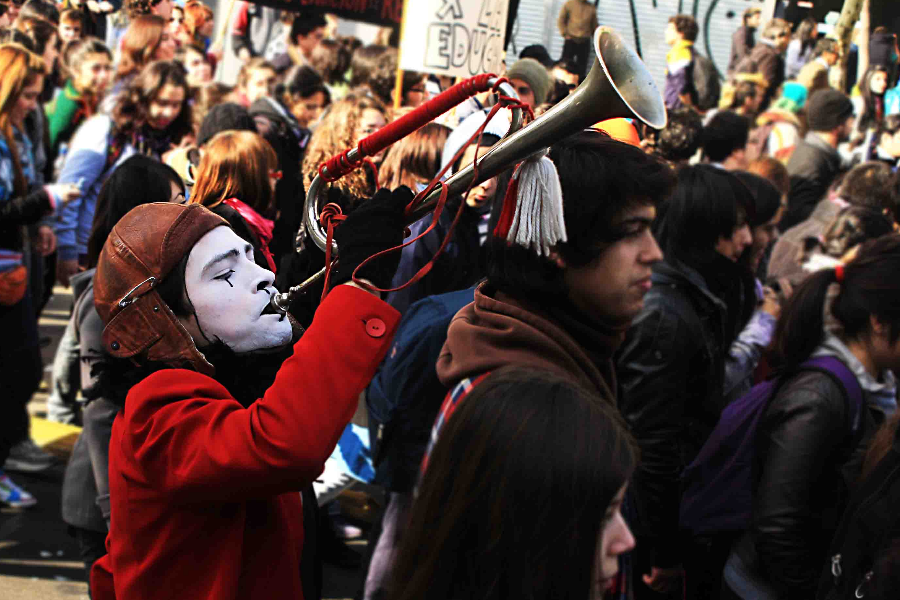
In new publication, CLADE shares experiences, strategies and lessons learned on the fight for the right to education
The Latin American Campaign for the Right to Education (CLADE) launches the publication “Civil Society Advocacy for the Human Right to Education: Stories and Lessons Learned from Latin America and the Caribbean – Volume 3”.
The document is available:
In this volume, members of CLADE tell their experiences on the fight for the right to education: the challenges, advances and lessons learned, the strategies and recommendations that remain for other civil society movements and organizations. It presents cases of advocacy, communication, research and mobilization in 10 countries of Latin America and the Caribbean, as well as 3 regional experiences, driven by CLADE and 2 regional networks that are members of the Campaign: Espacio sin Fronteras and ALER.
The document is the result of a permanent effort by CLADE, to record and provide visibility to the journey of its members in their advocacy and capacity building efforts; and, on the other hand, to promote the reflection on their success and mistakes, in a process of self-evaluation and capacity building by the network.
“In times when we witness a growing democratic weakness in Latin America and the Caribbean, when laws are passed to hinder the right to demonstration and social participation, when social movements, activists and students are persecuted and criminalized, and there are so many restrictions to participation, it is worth showcasing civil society action and its positive impact on education policies,” says CLADE.
The Campaign distributed the publication, during its participation in the High-Level Political Forum, which takes place until July 18 in New York, with an emphasis on reviewing the status of compliance with Sustainable Development Goal 4, related to education.
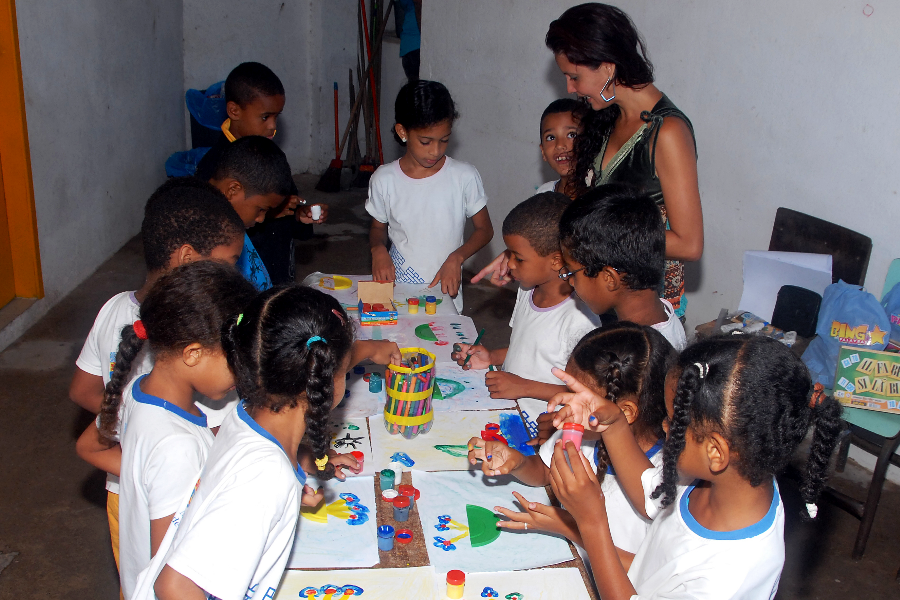
Brazil: In a message to the UN, the National Campaign expresses concern about the rights of children and youth
June 3, 2019In response to a call from the Office of the United Nations High Commissioner for Human Rights (OHCHR), the National Campaign for the Right to Education from Brazil sent to the agency information on the state of children’s rights in the country regarding the areas that will be the focus of the Sustainable Development Goals (SDGs) review in July this year.
The review will take place at the UN High-Level Political Forum (HLPF), to be held July 9-18 in New York, with a focus on SDG 4 (on education) as well as goals 8 (decent work and economic growth), 10 (reduction of inequalities), 13 (climate action), 16 (peace, justice and solid institutions) and 17 (partnerships to achieve the objectives).
OHCHR is preparing a report on children’s rights and the SDGs to be presented at the HLPF and, to contribute to its content, a call was made asking civil society to submit their diagnoses and recommendations.
Inputs sent by the National Campaign to the agency indicate strong risks that SGDs 4, 8 and 16 will not be achieved within the expected period, in the country, due to a series of measures implemented by the current government.
Furthermore, they present alarming data on the human rights situation in Brazil, such as: non-compliance with the National Education Plan (PNE, by its Portuguese acronym) 2014-2024; the reduction of public expenditures on education and the non-implementation of the Initial Student-Quality Cost (CAQi, by its Portuguese acronym) and Student-Quality Cost (CAQ, by its Portuguese acronym) mechanisms, which establish parameters for the financing of quality public education; thousands of children and adolescents without access to basic education; the advancement of the “Escola sem partido” (School without a Party) initiative, which intends to prohibit the discussion of issues such as politics, racial equality and gender equality and identity in schools; a reductionist perspective of early childhood education and setbacks for inclusive education and the inclusion of people with disabilities in the public system; the attempt to regulate home schooling as a way of encouraging the privatization of distance education and avoiding socialization and students’ interaction in plural contexts; the worsening situation of children and adolescents in precarious working conditions, with a labor reform that flexibilizes rights; and the closure of spaces for civil society participation in public policies, as well as the elimination of participatory administrative bodies, seriously affecting areas such as: human rights, racial equality, indigenous peoples, rural populations, LGBTI community and the environment.
“In this alarming context, we request that the OHCHR recommends the Brazilian State to restorate and strengthen democratic instances of civil society participation, as well as the reversal of current setbacks. We also demand that the government respect the UN Convention on the Rights of the Child and the observations made to Brazil by the Committee that monitors the Convention. The Committee recommended that the Brazilian State assume its responsibility to guarantee adequate financial resources for the implementation of the National Education Plan, including situations of economic crisis and political instability”, said Andressa Pellanda, executive coordinator of the National Campaign for the Right to Education.
In the report sent to the UN, the Campaign presents recommendations for the guarantee of the right to a lifelong free, inclusive, equitable and quality education for all, from a perspective of rights.
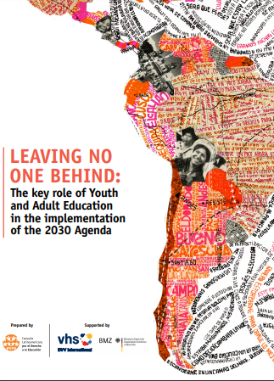
Leaving no one behind: The key role of Youth and Adult Education in the implementation of the 2030 Agenda
July 28, 2018This document precisely sets forth the importance and the impact of a consolidated youth and adult education, with allocated budget and policies, for the promotion of other human rights and fundamental freedoms, and for the full implementation of all Sustainable Development Goals.
Descargar

Central American Meeting on Gender Equality, Violence and Education – Final Declaration
July 4, 2018The “Central American Meeting on Gender Equality, Violence and Education: Transformation Strategies” was promoted by the Latin American Campaign for the Right to Education (CLADE) in partnership with UNICEF in El Salvador. This final declaration is the result of debates, reflections and recommendations made during this meeting.
Descargar





